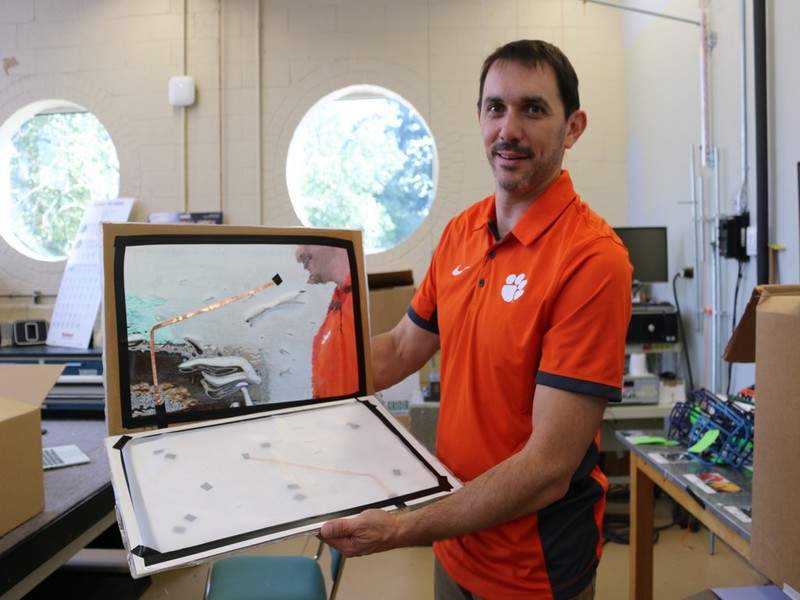

Associates of US-based Clemson University have decided to collaborate to develop smart packaging that will enable to track and monitor products in transit.
Under the initiative, Clemson Transport Package Testing Laboratory director Gregory Batt and Purdue University’s School of Mechanical Engineering assistant professor and Clemson alumnus James Gibert will study triboelectric generators and identify the mechanisms of contact electrification.
The initiative has also received a $500,000 grant from the National Science Foundation.
Triboelectric energy generators convert mechanical energy into electricity that can be used to charge rechargeable cells to power small electronic devices.
The research will study the potential use of this technology for smart packaging as the powered sensor devices can be used to monitor products throughout the despatch process.
Batt said: “The demand for and application of smart packaging devices used during the transport and storage of products continues to increase.
“Most of these devices require power. Development of an energy–harvesting device that can harvest power from forces naturally occurring in the distribution environment while possibly mitigating those forces experienced by the product just makes sense.”
The smart packaging solutions can be used as printed electronics, illuminating smart labels, time-temperature indicators and radio-frequency identification (RFID) tags, all of which will enable tracking and quick package identification.
Batt added: “We will build on our previous work with modelling the vibration response of complex foam materials so that we can determine how to create a means to reduce the vibration transmitted to products while still generating adequate power.
“Triboelectric devices have received little study in published research, making for an ideal opportunity for impactful work.”
The study also aims to develop economical packaging designs that can protect instruments from potential hazards.
Image: Clemson Package Testing Laboratory director Gregory Batt explains how copper tape is used to generate electrical charges in triboelectric devices. Photo: courtesy of Clemson University Public Service and Agriculture.



